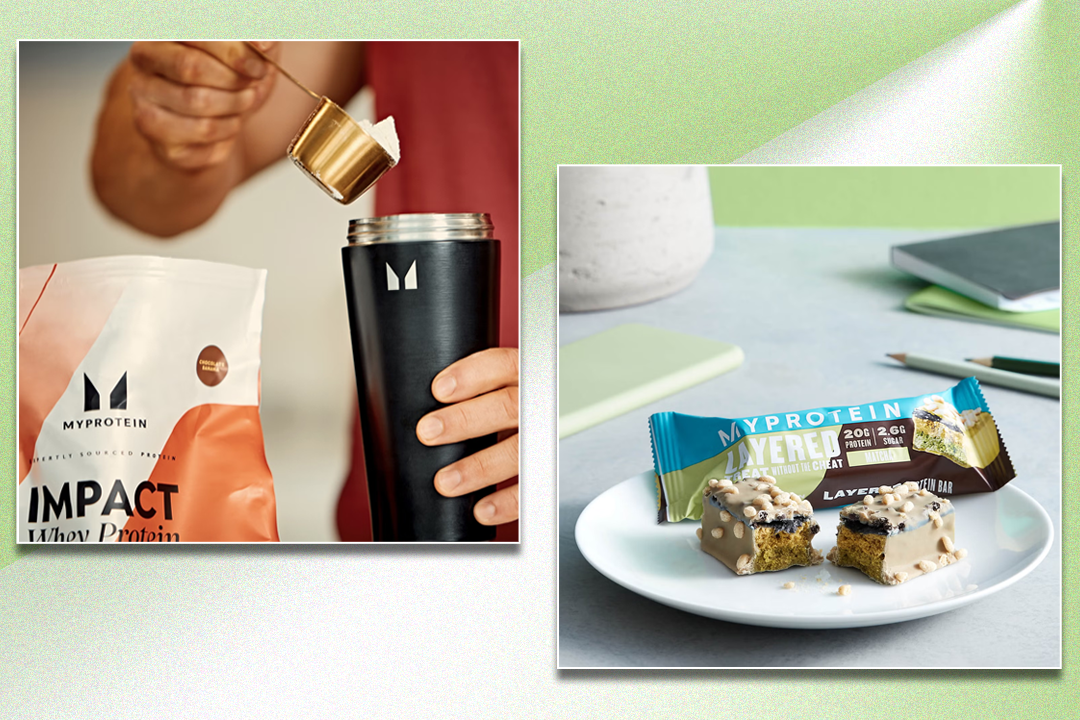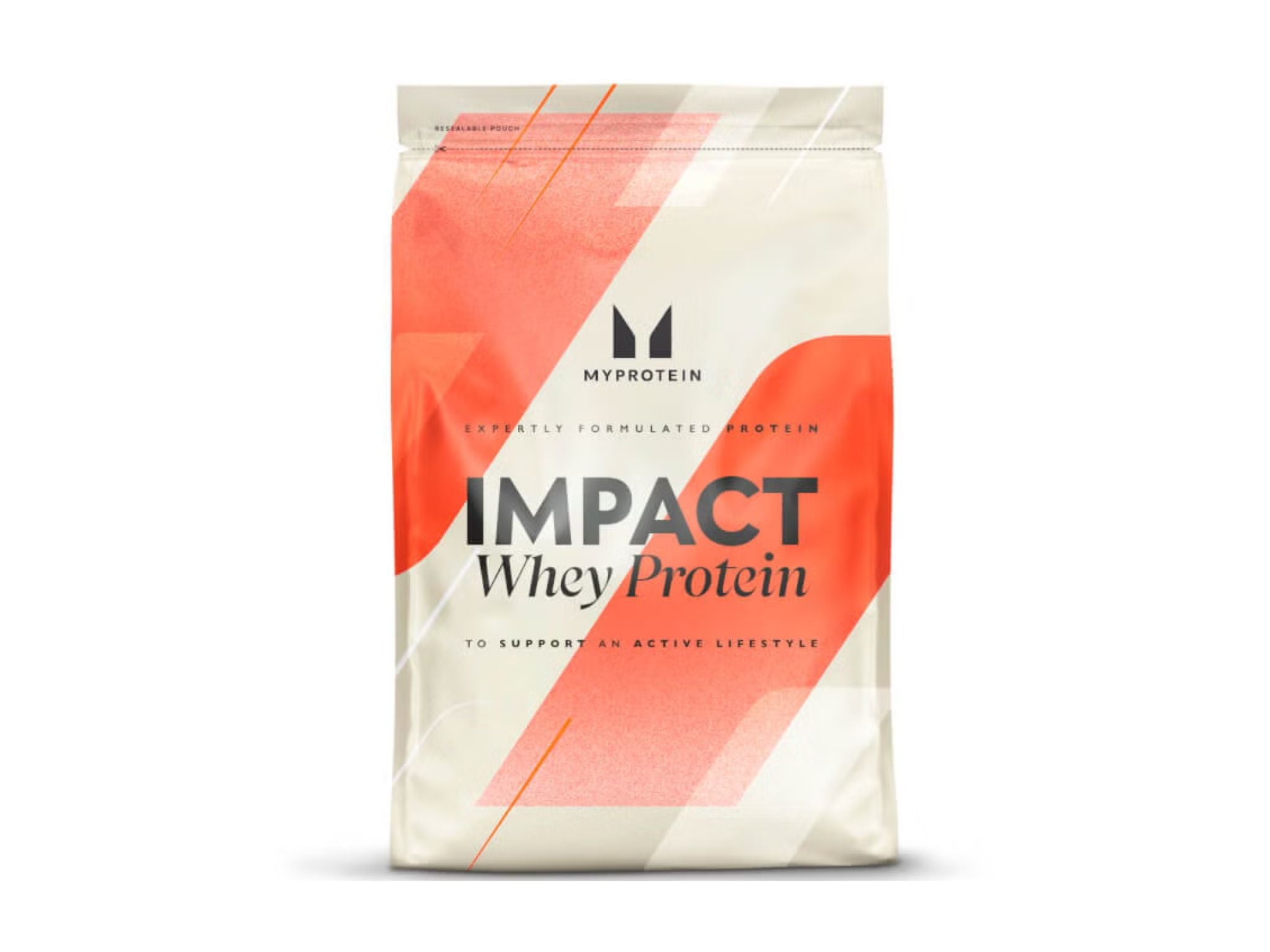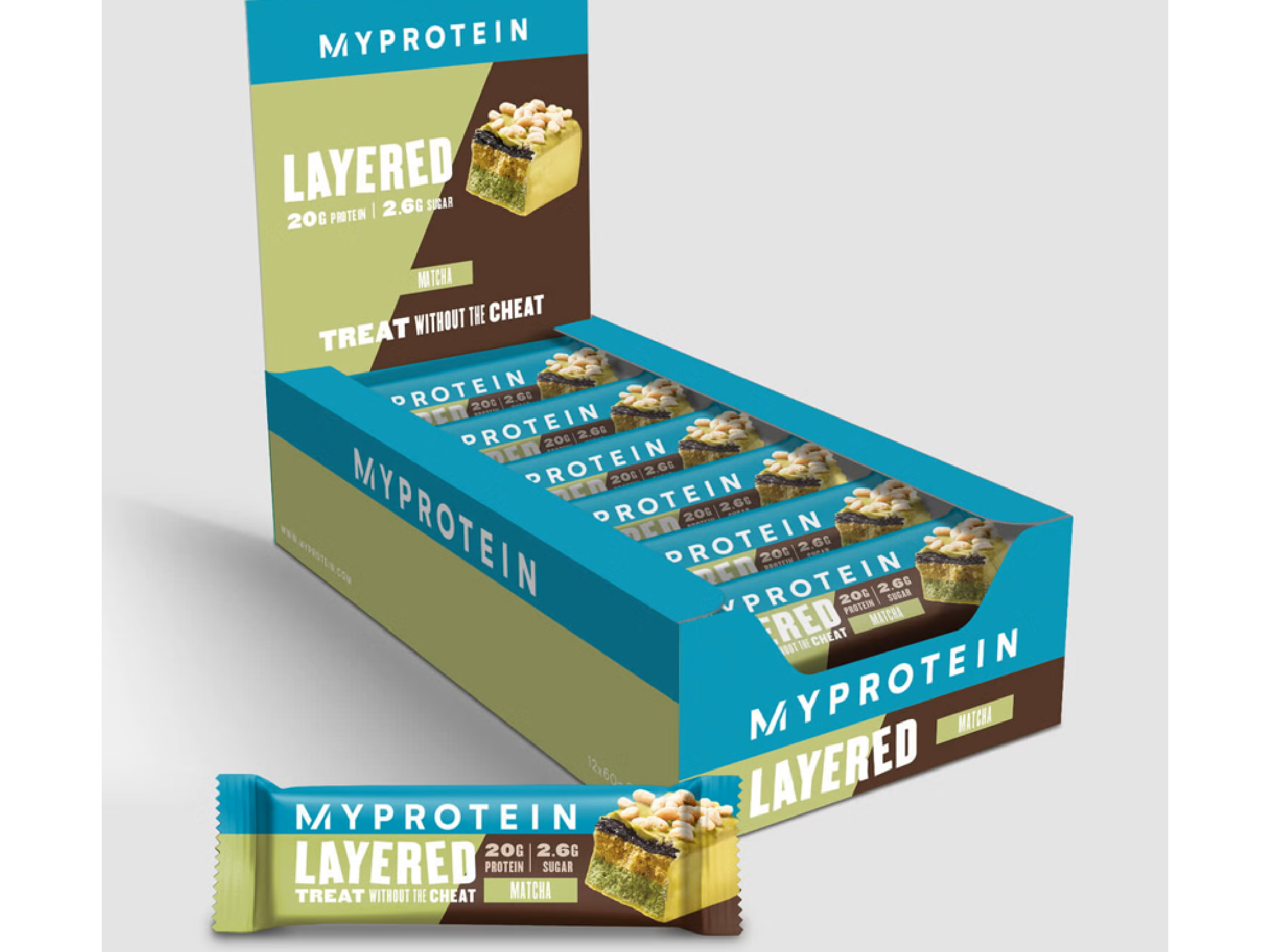The health benefits of matcha, explained by an expert
An expert explains how this ancient drink can reduce stress levels, prevent inflammation and more

Your support helps us to tell the story
From reproductive rights to climate change to Big Tech, The Independent is on the ground when the story is developing. Whether it's investigating the financials of Elon Musk's pro-Trump PAC or producing our latest documentary, 'The A Word', which shines a light on the American women fighting for reproductive rights, we know how important it is to parse out the facts from the messaging.
At such a critical moment in US history, we need reporters on the ground. Your donation allows us to keep sending journalists to speak to both sides of the story.
The Independent is trusted by Americans across the entire political spectrum. And unlike many other quality news outlets, we choose not to lock Americans out of our reporting and analysis with paywalls. We believe quality journalism should be available to everyone, paid for by those who can afford it.
Your support makes all the difference.Matcha has been around for thousands of years, with records of it being consumed in ancient China around 2700 BC. But the bright green tea has only recently gained popularity in the UK, where it’s filtered down from fitness influencers to the regular consumer.
In 2023, matcha drinks saw a 202 per cent increase in sales in the UK, according to a report from a consumer marketing group. Most coffee chains offer matcha lattes and iced matcha lattes and demand is now so high at Starbucks that the chain has reportedly experienced matcha shortages.
But aside from the striking green colour, how do drinks made with matcha powder differ from black teas and regular lattes? We asked Nichola Ludlam-Raine, a registered dietician and author of How Not To Eat Ultra Processed, to explain the matcha hype and how the drink can benefit our health.
What is matcha?
“Matcha is a type of powdered green tea made from specially grown and processed tea leaves,” says Ludlam-Raine. Unlike regular green tea, where the leaves are steeped and then discarded, with matcha, you’re consuming the whole leaf, which means a higher concentration of nutrients and antioxidants. The leaves are grown in the shade, which increases the chlorophyll content, giving matcha its vibrant green colour.
Though matcha is a tea, it’s often mixed with whisked or foamed milk like a coffee, and matcha lattes are now available in the majority of coffee shops. Pure ceremonial-grade matcha is much more concentrated than other drinks you might find, which are blended with other ingredients for taste and consistency.
You might also find matcha in anything from cakes and ice cream to snack bars and as it usually comes in powdered form you can add it to foods like puddings, porridge and overnight oats.
What are the health benefits of matcha?
Mellow and creamy, matcha is a calming and comforting drink with a slightly bitter flavour. According to Ludlam-Raine, it is rich in antioxidants, particularly a group called catechins, which help protect cells from damage caused by free radicals. The most potent catechin in matcha, EGCG (epigallocatechin gallate), has been studied for its potential role in supporting heart health and reducing inflammation.
She adds that, “matcha also contains L-theanine, an amino acid that promotes relaxation, which can improve focus and alertness. However, it’s important to recognise that while matcha has these health-promoting properties, it should be part of a balanced diet and not relied upon as a sole source of nutrition.”
Does matcha contain caffeine?
Matcha also contains caffeine, typically 19–44mg of caffeine per gram (a normal serving is between 2-4 grams). But the amount of caffeine in matcha can vary based several variables including the quality and freshness of the leaves, the amount of powder you use and how long you brew it for – theonger you brew matcha, the more caffeine is extracted from the leaves. Many people prefer matcha to coffee as a caffeinated drink because although it boosts energy and provides focus, it supposedly doesn’t produce the anxious feeling that too much coffee can elicit.
Does matcha help with stress levels?
Ludlam-Raine also advocates for using matcha as just one of many tools to manage mental health. “Matcha may help with stress levels due to its L-theanine content,” she explains.
“L-theanine has been shown to promote relaxation without causing drowsiness, and it can balance the stimulating effects of caffeine, creating a calm, focused state. This combination is often why people find matcha less jittery than coffee. However, it’s not a magic bullet for stress relief. Managing stress involves various factors like lifestyle, diet, and mindfulness practices, and while matcha can contribute, it should be seen as one small tool in the bigger picture of stress management.”
The matcha products to buy
Myprotein Impact matcha latte whey protein powder: £41.99, Myprotein.com

Myprotein’s matcha latte flavour protein powder is a delicious way to boost your daily protein intake while enjoying the benefits of matcha. Sourced from high-quality whey, this supplement provides 21g of protein per serving, supporting muscle recovery and growth after workouts.
With 6 per cent of the ingredients made up of matcha green tea powder, this blend offers the earthy, rich taste of matcha with the creamy sweetness of a latte, which is a unique and refreshing alternative to traditional protein shake flavoured with strawberry or chocolate.
Additionally, matcha is known for its antioxidant and natural energy boosting properties, making this powder an ideal choice for those looking to enhance both their fitness and wellness routines. Low in sugar and fat, it fits easily into a balanced diet, helping you get extra protein, antioxidants and caffeine for under 115kcal per serving.
Myprotein matcha layered protein bar, 12 x 60g: £16.07, Myprotein.com

A treat without the cheat, these layered protein bars are a tasty way to add both protein and matcha to your diet. The bars have 1.5 per cent green matcha tea content, meaning that they don’t taste exclusively of matcha so you can enjoy the benefit of the flavour without it being overpowering.
Each bar has two layers of protein, with the bottom layer including matcha powder, and the layers are sandwiched together with smooth caramel. For those who like a little texture, these bars also have soy chips inside to give them a satisfying crunch.
Each bar has less than 2g of sugar, making it unlikely that you’ll experience sugar spikes and dips after eating. And with 20g of protein, they’ll help you achieve your daily goals without it feeling like a chore.
Read more: 10 Best vegan protein powders for plant-based gains





Join our commenting forum
Join thought-provoking conversations, follow other Independent readers and see their replies
Comments